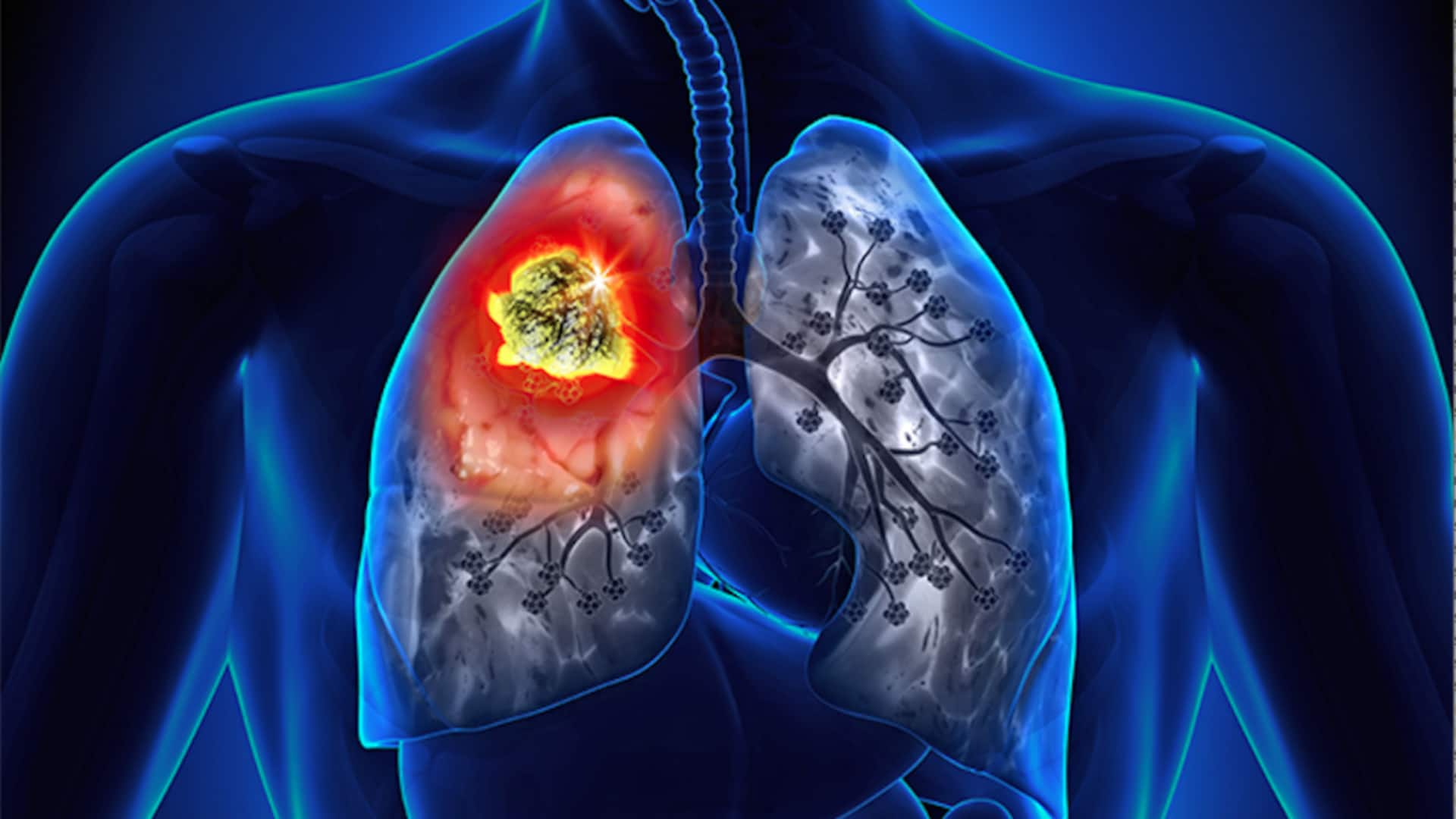
Air pollution linked to lung cancer in non-smokers
What's the story
A groundbreaking study has found a strong association between air pollution and lung cancer-driving DNA mutations. The research was conducted on people who were diagnosed with lung cancer but never smoked tobacco. The findings explain the rising number of lung cancer cases among never-smokers, a trend that researchers have described as an "urgent and growing global problem."
Research findings
Researchers analyzed tumors from 871 patients
The study, led by Professor Ludmil Alexandrov from the University of California, San Diego, analyzed the complete genetic code of lung tumors from 871 never-smokers across Europe, North America, Africa, and Asia. The research was conducted as part of the Sherlock-Lung study. They discovered that higher levels of air pollution in a region corresponded with more cancer-driving and cancer-promoting mutations in residents' tumors.
Gene mutation
Prematurely shortened telomeres also linked to air pollution
The study found a strong link between fine-particulate air pollution and mutations in the TP53 gene, usually associated with tobacco smoking. People exposed to higher levels of air pollution also had shorter telomeres, protective strands of DNA at the ends of chromosomes. Telomeres usually shorten with age, so their premature shortening indicates rapid aging. "This is an urgent and growing global problem that we are working to understand," said Dr. Maria Teresa Landi from US National Cancer Institute in Maryland.
Cancer statistics
Non-smokers make up larger share of lung cancer cases
As smoking declines in several countries, including the UK and the US, never-smokers now account for a larger share of lung cancer patients. Current estimates put 10-25% of lung cancers in never-smokers. Nearly all are adenocarcinomas (cancer that can occur in several body parts). Lung cancer is still the leading cause of cancer-related deaths globally, with about 2.5 million new cases diagnosed every year. Over a million deaths occur in China due to smoking, air pollution, and other environmental factors.
Regional impact
Findings on secondhand smoke, Chinese herbal medicines
Recent studies have shown that East Asia has the highest adenocarcinoma rates attributable to air pollution. In the UK, over 1,100 new cases are diagnosed annually due to this environmental factor. The latest research, published in Nature, also found a slight increase in cancer-causing mutations among those exposed to secondhand tobacco smoke. However, it highlighted serious risk from certain Chinese herbal medicines containing aristolochic acid, with signature mutations linked to these herbal medicines seen almost exclusively in never-smokers from Taiwan.